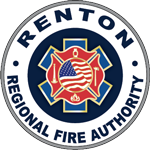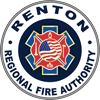HOME FIRE SAFETY
SMOKE ALARMS
A device that detects smoke and sounds an alarm to escape.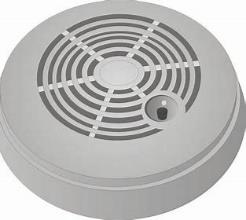
Every home should have at least one smoke alarm on every level.
Never take the battery out of your smoke alarm except to replace it.
Some smoke alarms have batteries that need to be changed. If it “chirps,” change the battery.
Test your smoke alarms every month to make sure the alarm sounds.
COOKING
Never leave cooking unattended.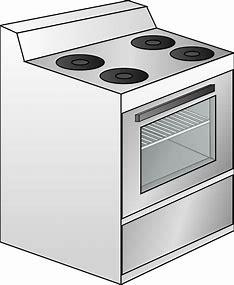
Keep the stove clean and use it for cooking only.
If a grease fire happens, turn off the burner and put a lid on the pan. Do not use water on the fire.
HEATING
Keep items away from all heaters.
Turn portable heaters off when you leave or go to sleep.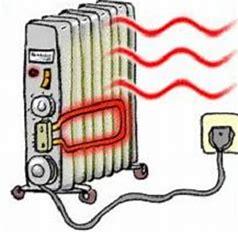
Never use extension cords with portable heaters.
CARBON MONOXIDE POISIONING
Some appliances and machines produce a poisonous gas that cannot be seen or smelled.
Never use the following inside homes, garages and other enclosed spaces, or outside an open window: generator, charcoal grill, camp stove, or vehicle.
Never use a gas oven to heat your home, even for a short period of time.
IF YOU HAVE A FIRE
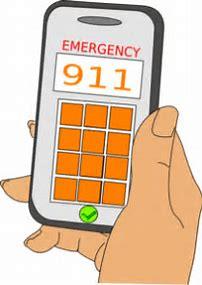 Get everyone out.
Get everyone out.
Go to your family meeting place.
Call 9-1-1 for help.
Never go back inside a burning house or building.
WHEN YOU CALL 9-1-1
Call 9-1-1 for emergencies. Use it for fire, medical help, and police. It is free to call 9-1-1.
If you don’t speak English, try to tell the operator what language you speak for an interpreter.
Be ready to tell what kind of emergency it is and what the address is.
